Starting from the melon greenhouses, the story of innovation is not limited to one household but is gradually spreading to the community of members.
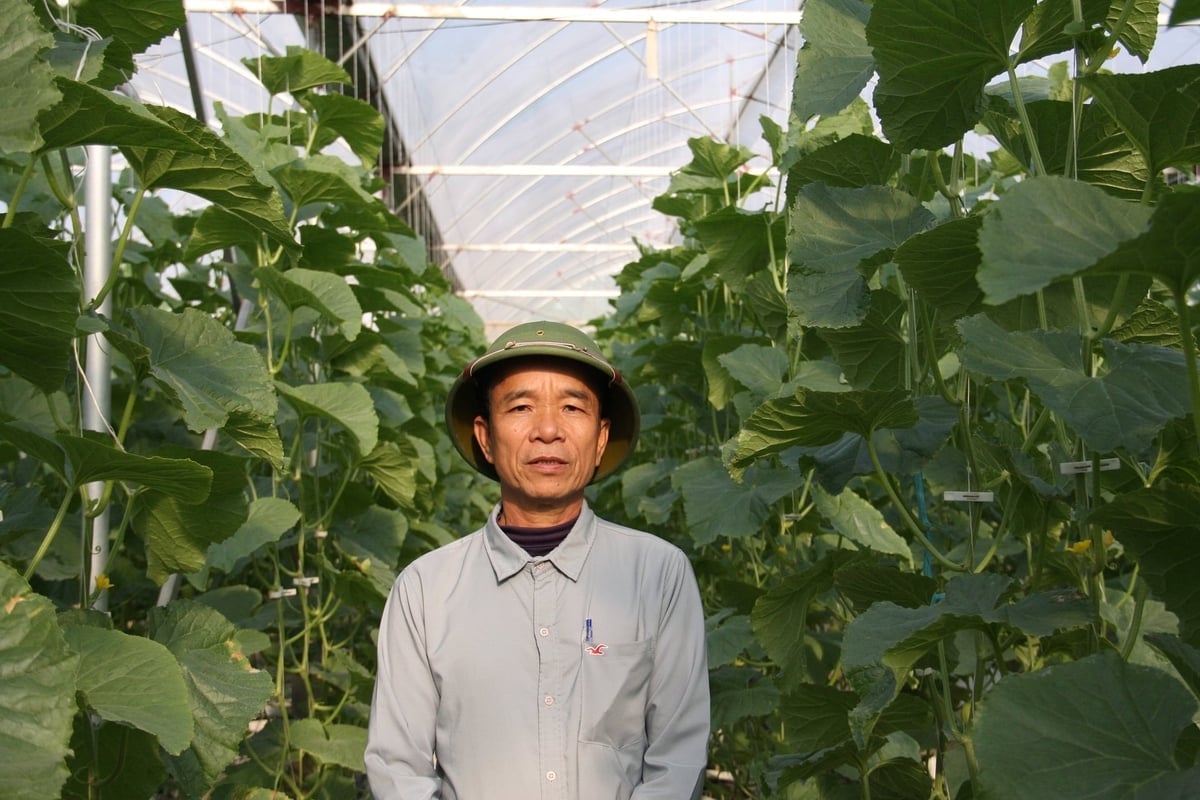
According to Mr. Nguyen Van An - Chairman of the Board of Directors and Director of Thai Hoa Agricultural Service Cooperative, the most obvious technology application model today is the greenhouse area for growing melons of Ms. Le Thi Ly's family in Tram Khe village, with a scale of more than 1.4 hectares. Photo: Lan Chi.
Digital technology is a must for smart farming
Mr. Nguyen Van An - Chairman of the Board of Directors and Director of Thai Hoa Agricultural Service Cooperative said that the Cooperative currently has about 1,300 members, mainly producing rice and other crops. The most obvious technology application model today is the greenhouse area for growing melons of Ms. Le Thi Ly's family in Tram Khe village, Thuong Hong commune with a scale of more than 1.4 hectares.
In this greenhouse area, Ms. Ly applies many modern farming techniques that previously only appeared in large production areas: automatic drip irrigation system to help save water and fertilizer; daily monitoring of humidity and nutrients of the growing medium to adjust the amount of irrigation; covering and controlling the temperature in the greenhouse to limit seasonal pests and diseases.
In addition, for each crop, she schedules care according to each growth stage of the plant, closely records the amount of input materials to serve traceability - an important step for melon products to meet OCOP standards.
“In the context of modern agriculture, digital technology is no longer an option but a mandatory requirement. If we want to reduce manual labor and increase efficiency, we must follow the direction of smart agriculture,” Mr. An affirmed.
Over the years, the Cooperative’s staff have regularly participated in training courses organized by the Agricultural Service Center of Binh Giang District, Hai Duong Province (formerly) on safe farming techniques, traceability, and digital transformation in agriculture. From these courses, the Cooperative has selected households with determination and investment conditions to serve as pilot projects, in which the melon greenhouse model of Ms. Le Thi Ly is the pioneer.
However, the Cooperative has only stopped at the initial approach: propagating to members about digital economy, growing area codes, QR codes for traceability; sending people to study, then sharing with people.
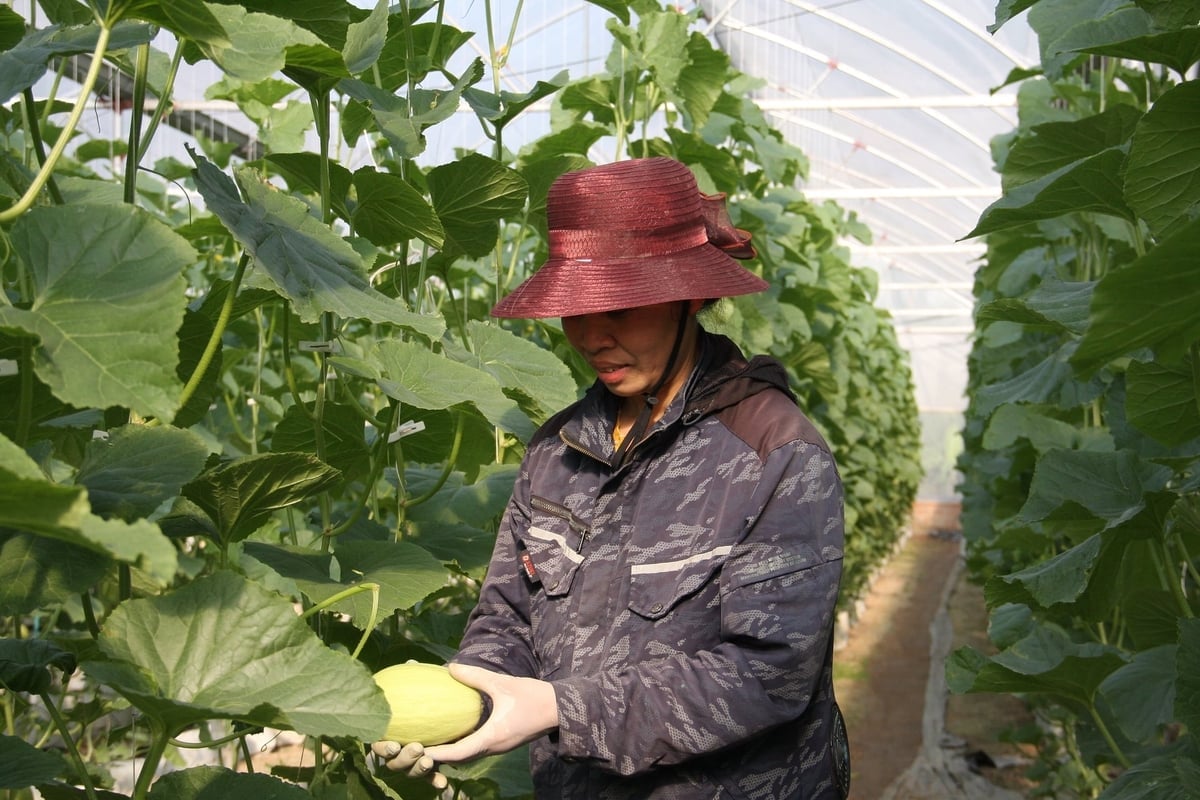
Ms. Le Thi Ly's high-tech melon model is proof that rural agriculture can be completely "upgraded" thanks to technology. Photo: Lan Chi.
“We really want more support from the agricultural sector, especially direct training courses in the fields on irrigation technology, nutritional analysis, traceability, etc. When technical staff “hold hands and show us the way”, people will be bold enough to follow,” said Mr. An.
More "digital nuclei" are needed in rural areas
Sharing about the melon growing model, Ms. Ly said that the current major difficulty is not only investment capital and weather risks (such as the storm that collapsed the greenhouse, causing the family to lose billions of dong), but also the application of digital technology to product consumption.
“Currently, I mainly sell through traders. They buy, label, and then bring the products to supermarkets or their distribution channels. I really want to put the products on e-commerce platforms, on social networks like Zalo, TikTok, etc., but I don’t know where to start and need guidance,” said Ms. Ly.
To be recognized as OCOP, the melon model must meet many requirements regarding production logs, input material records, growing area codes, product barcodes, etc. These are all contents closely related to digital transformation. However, most members are still unfamiliar with using software or mobile applications for electronic recording.
“We really hope to have in-depth training courses on traceability, how to use QR codes, build digital brands, sell online, etc. If we do these steps well, the value of melon products will increase, not just depending on traders,” Ms. Ly said.
From the perspective of the Cooperative, Mr. Nguyen Van An sees Ms. Ly's high-tech melon model as proof that rural agriculture can be completely "upgraded" thanks to technology, if there is the courage to think and act.
“A household dared to borrow several billion VND to build a greenhouse, apply technology, and hire 10 workers to work year-round - that is a very concrete result of bold innovation. The problem is how to create more models like this, not just one,” said Mr. An.
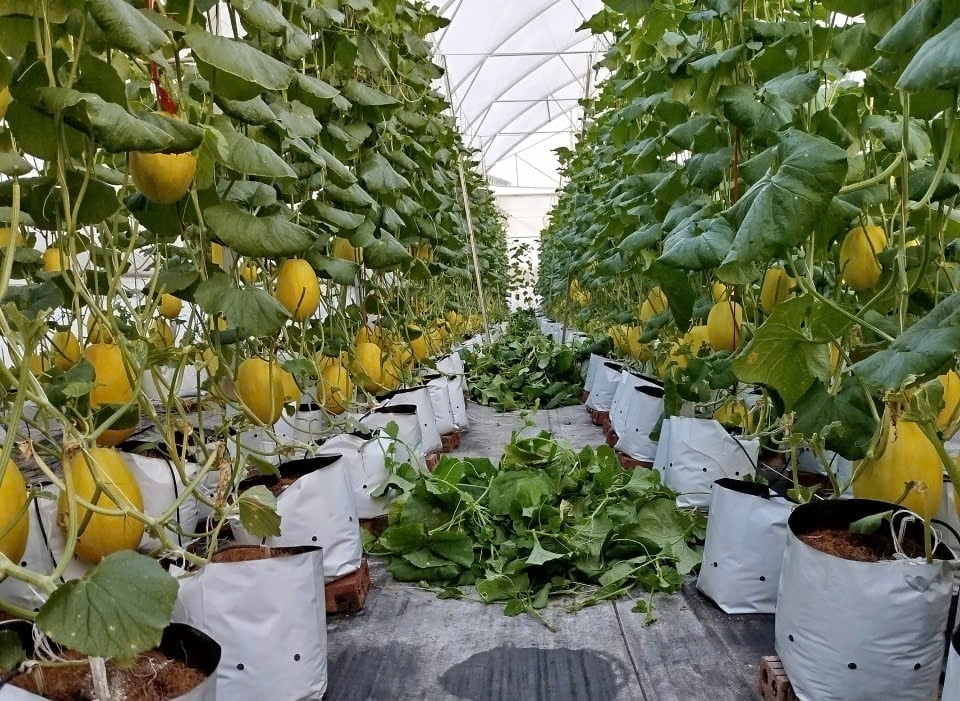
Sharing about the melon growing model, Ms. Ly said that the biggest difficulty now is not only investment capital and weather risks, but also the application of digital technology to product consumption. Photo: Lan Chi.
According to him, to truly transform the digital landscape, the Cooperative needs to train a team of specialized staff in digital technology in agriculture; equip devices such as smart irrigation systems, sensors, electronic diary software; and coordinate with authorities to build growing area codes, QR codes and connect products to e-commerce platforms as well as modern distribution systems.
“We expect that the transfer of technology and digital applications when brought to Thuong Hong commune will really help people increase the value of cultivation, just like the obvious effectiveness that the greenhouse melon model has brought. At that time, the story of digital transformation will no longer be something far away, but will be the bread and butter of the people, the future of each field”, affirmed the Director of Thai Hoa Agricultural Service Cooperative.
Source: https://nongnghiepmoitruong.vn/thuong-hong-lam-nong-nghiep-so-tu-nha-mang-dua-luoi-d786843.html








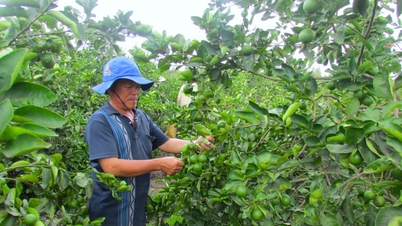



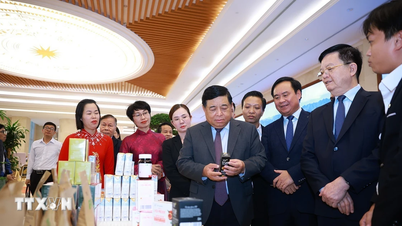

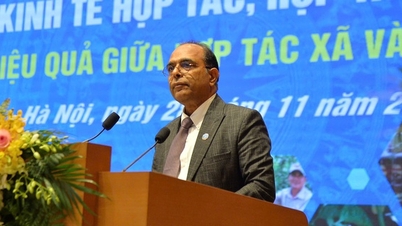

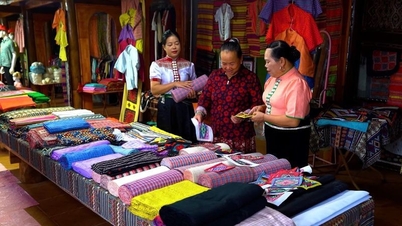

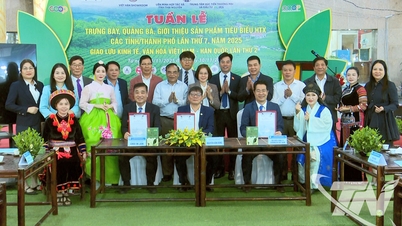

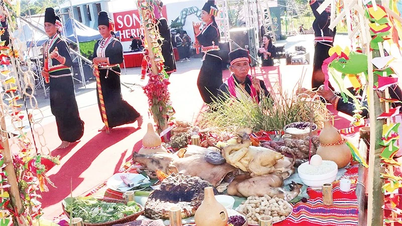
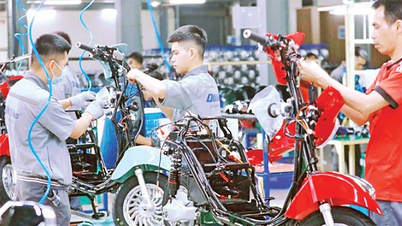
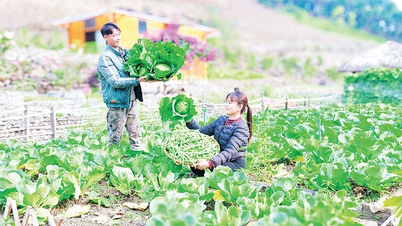
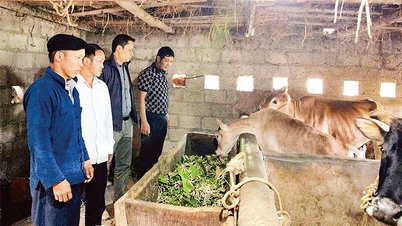
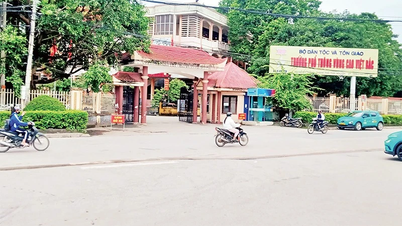
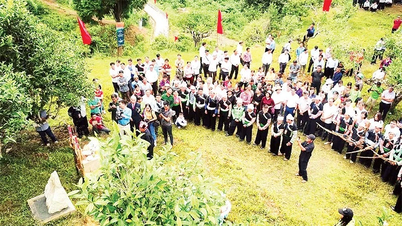





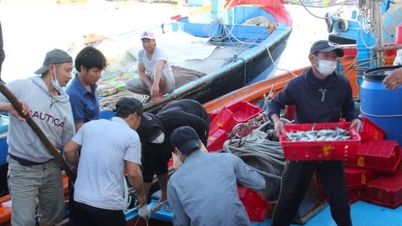
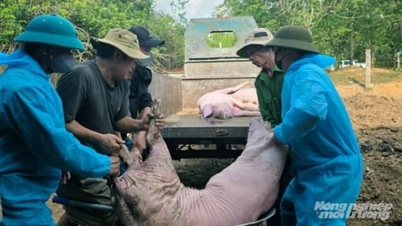
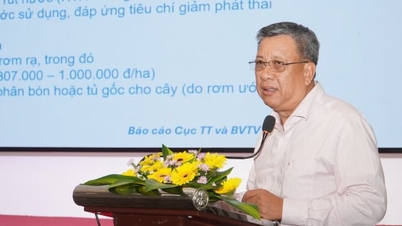
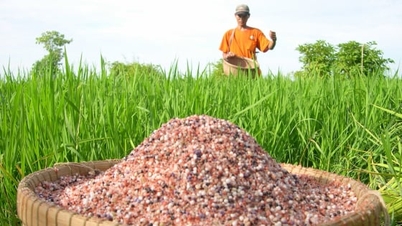
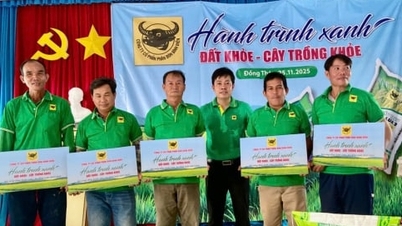




















































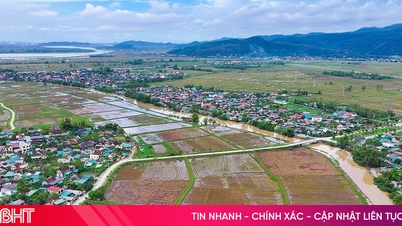

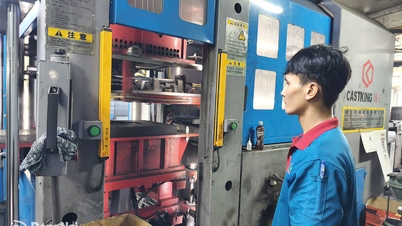


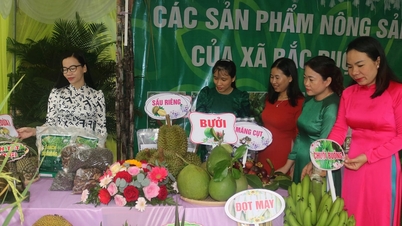

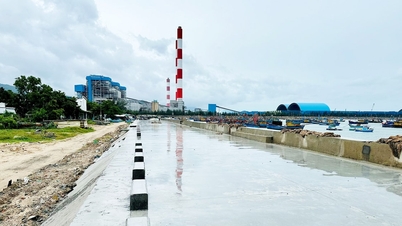













Comment (0)